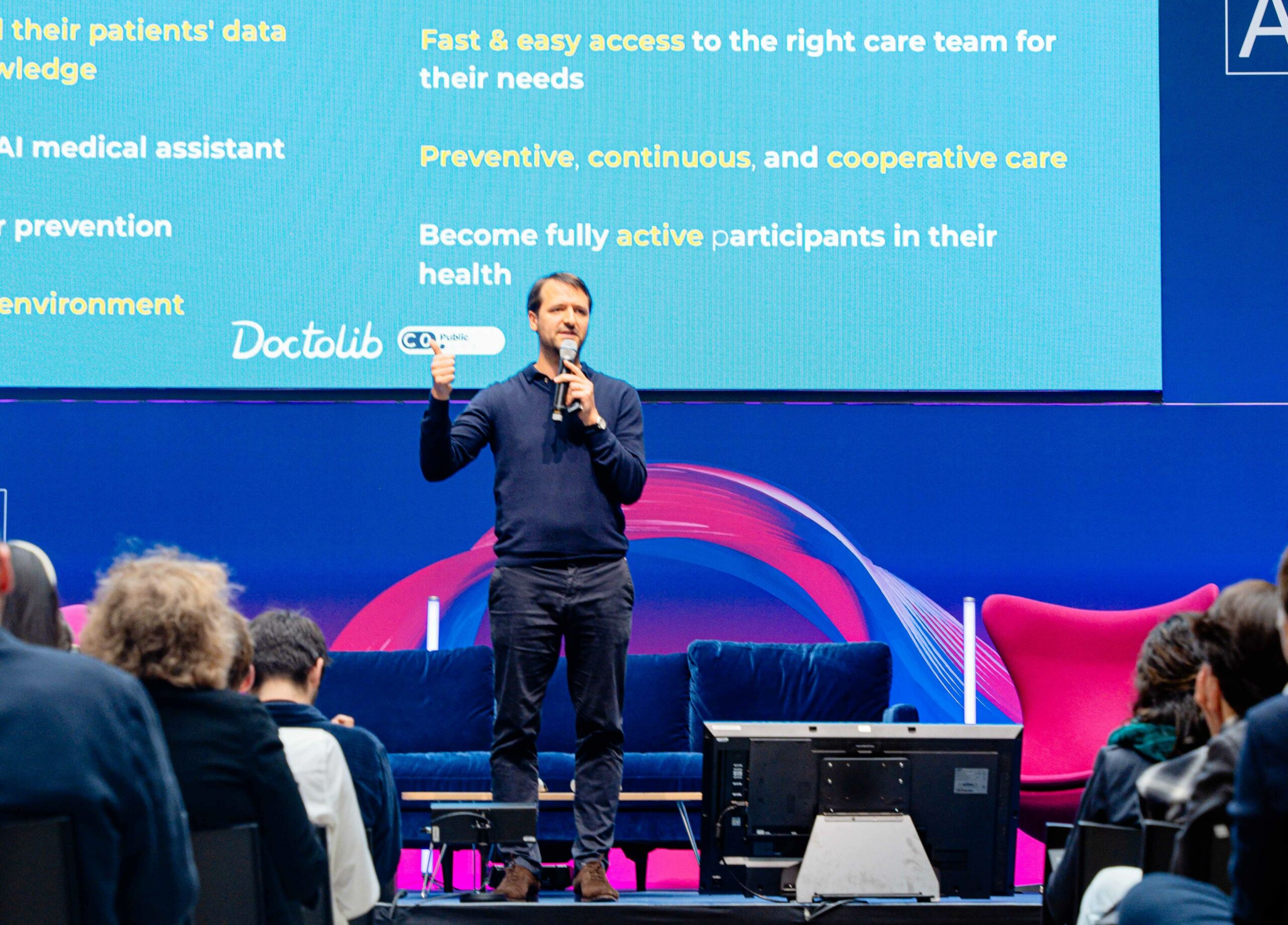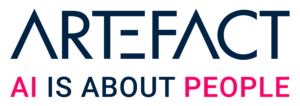Problem statement
The healthcare industry faces numerous challenges, including complex technology for practitioners and patients. Doctolib believes that technology, particularly AI, can have a systemic impact on health and the lives of professionals.
Vision for healthcare professionals
Niox-Chateau envisions a future where healthcare professionals have access to patient data in the right context, enhanced medical knowledge, and more time for patient care. He emphasizes the importance of simple, smart tools to enable preventive care.
Innovation in practice
He believes that technology can transform how practitioners innovate in their daily work, allowing general practitioners and specialists to treat more patients and handle broader clinical cases efficiently.
Changing professional workflows
With technology, the traditional structure of doctor consultations can be revolutionized. AI and digital tools can enhance the efficiency and effectiveness of healthcare delivery.
Enhanced consultation experience
AI and technology can transform passive, traditional consultations into more dynamic, engaging experiences, benefiting both professionals and patients. Digital health startups play a crucial role in this evolution.
“I believe technology, amplified by AI, can have a systemic impact on health and the lives of professionals. We dream of healthcare professionals with patient data in the right context, enhanced medical knowledge, and more time for patient care, enabled by smart and simple tools for preventive care.”Stanislas Niox-Chateau, CEO of Doctolib
New communication channels
The introduction of new communication channels between healthcare professionals and applications for patients can make medical knowledge more accessible and actionable.
Guiding principles
Niox-Chateau emphasizes that technology should be easy to use and have a significant impact on the daily lives of healthcare professionals. AI can amplify these changes, opening up new possibilities.
Empowering practitioners
At the outset, AI will support practitioners with administrative tasks, ensuring transparency and reducing the possibility of mistakes, thereby enhancing the overall efficiency of healthcare services.
Conclusion
Niox-Chateau concludes by reinforcing the potential of technology and AI to change the lives of patients and professionals, encouraging the audience to embrace these innovations for a better healthcare future.
Visit adoptai.artefact.com

 BLOG
BLOG



